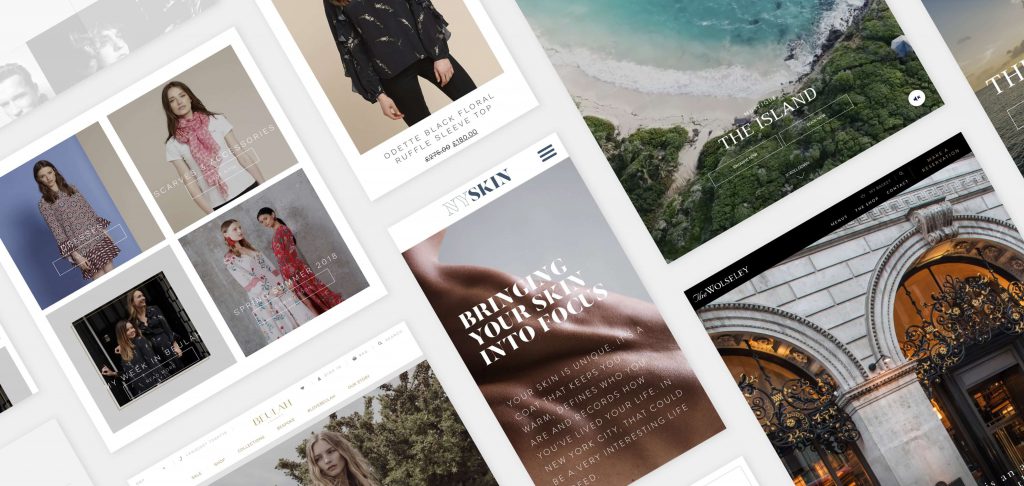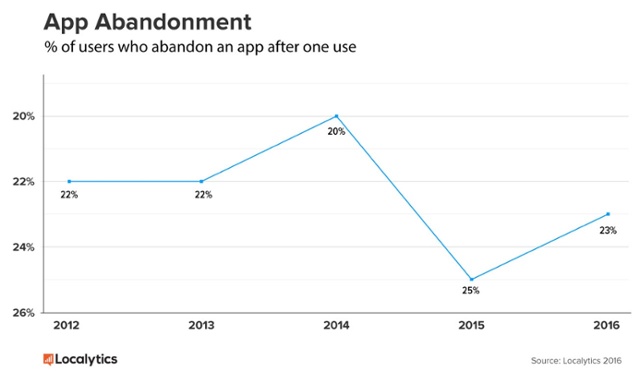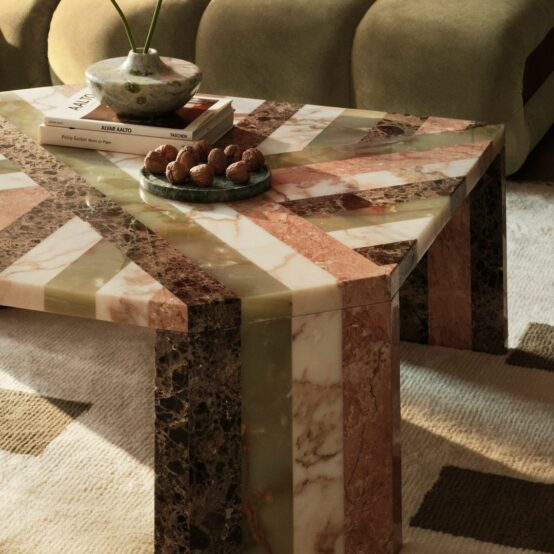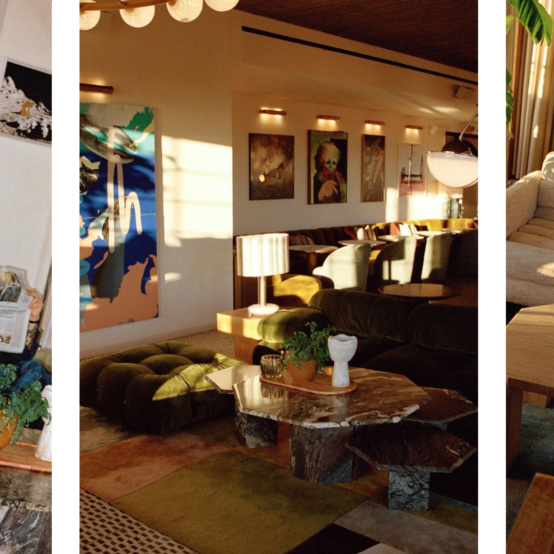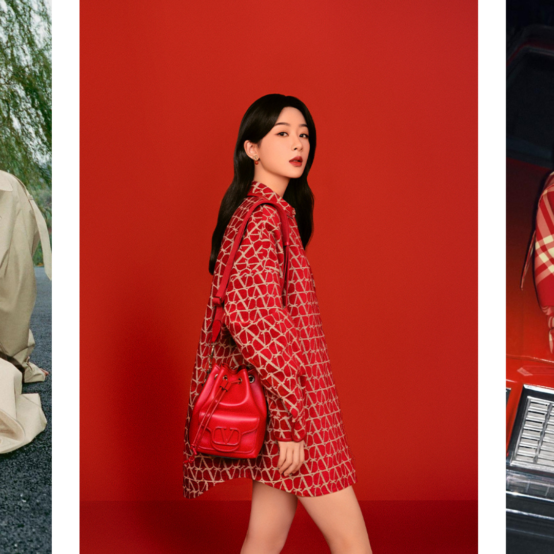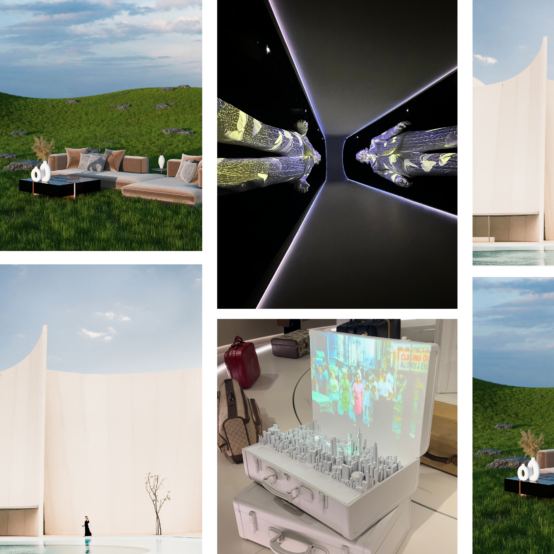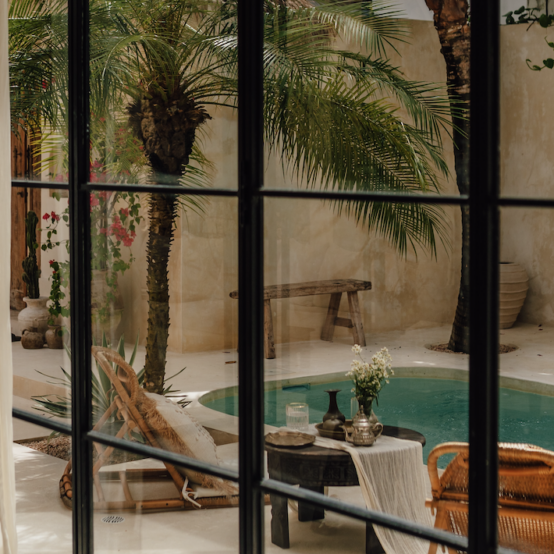Does Your Premium Brand Need its Own App?

Mobile is taking over the world
Ten years ago, in 2008, Mary Meeker, an analyst at Kleiner Perkins Caufield Byers predicted that mobile usage would surpass fixed internet usage by 2014. At the time, this was a bold prediction and considered worthy of a huge headline.
Now, it just seems like a comment made by someone who could see the obvious staring them in the face. Mary Meeker still produces an annual report on internet trends which is a long but worthwhile read and is also widely summarised by various media outlets.
In the current context, however, the key points to take away are that mobile is increasingly taking over desktop usage and secondly, that mobile apps specifically are where mobile users spend their time.
Mobile browser versus apps, now and into the future
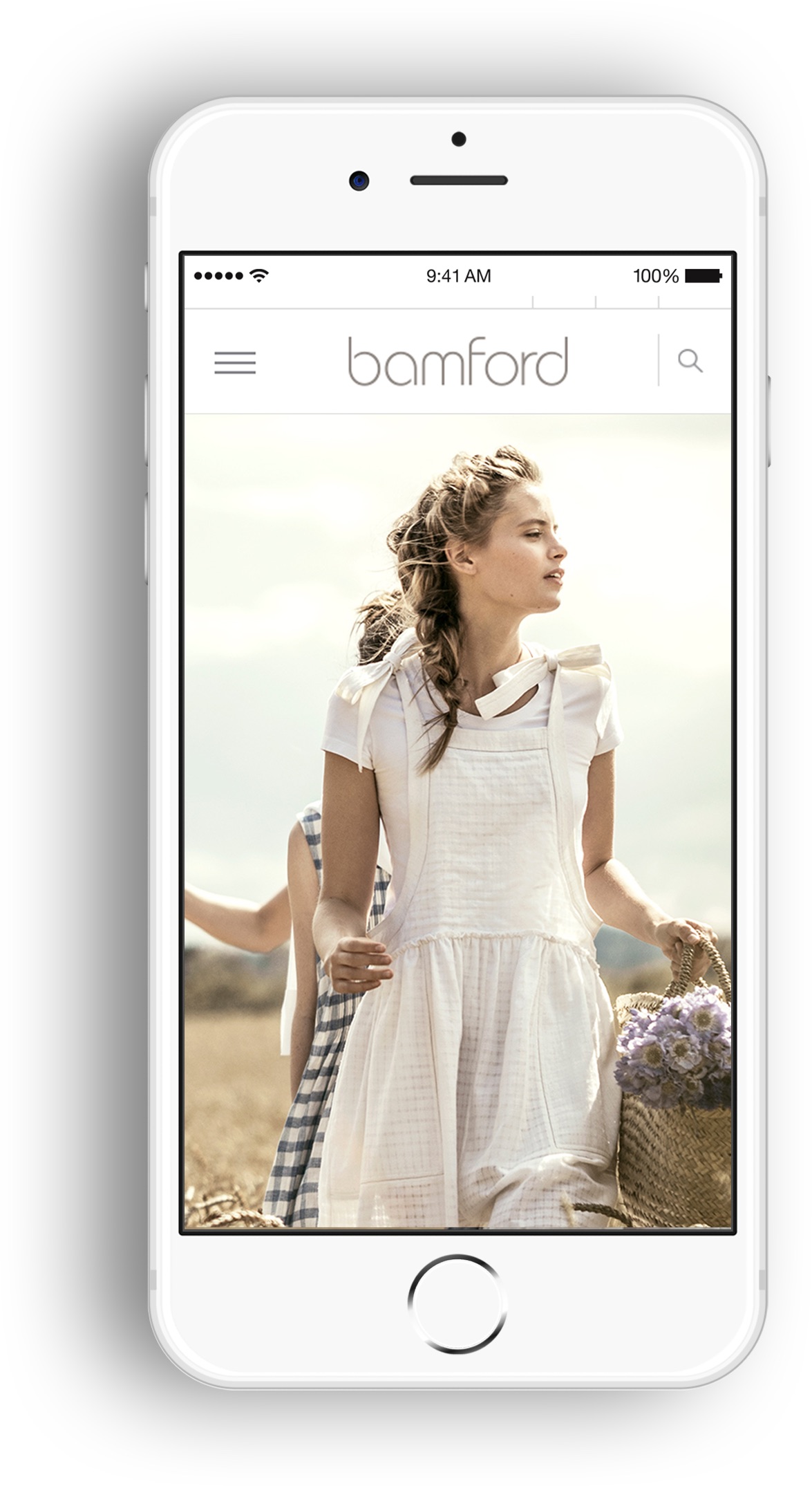
Some brands manage the mobile version for their website much better than others. Having a responsive design website means that the user will be able to navigate your site as if they would be on a desktop, with the exact same functionality and with a very streamlined UX design.
Bamford, for instance, chose not to have a dedicated app since their mobile version of their website allows for the exact same functionalities as their desktop version.
However, at the same time, even the best-designed website cannot yet compete with the sort of efficiency and level of customisation that can be offered by apps, which are designed from the ground up with mobile use in mind.
The advantages and disadvantages of apps
One disadvantage of apps is that people have to install them on their devices. Lack of memory space is unlikely to be an issue, however, apps are well known to drain battery.
According to a report by TechCrunch, 62% of users will use an app less than 11 times, which indicates that it is not a sustainable model.
On the other hand, the major advantage of apps is that they allow for the smooth, highly customisable experience that all customers appreciate and customers of luxury brands expect.
In very simple terms, while the mobile internet may be the world’s largest shop window, a well-designed app can be much more like a real-world store and offer customers a much more “hands-on” experience, for example allowing them to “try out” items before deciding whether or not to purchase them.
IKEA has been really leading the way here, with its augmented reality app “IKEA place”, which has proved highly popular and should set an example to luxury brands as to what can be done.
If you would like to receive a consultation on your online strategy and mobile approach for your brand, please get in touch with us.
The post Does Your Premium Brand Need its Own App? appeared first on Verb Brands.
